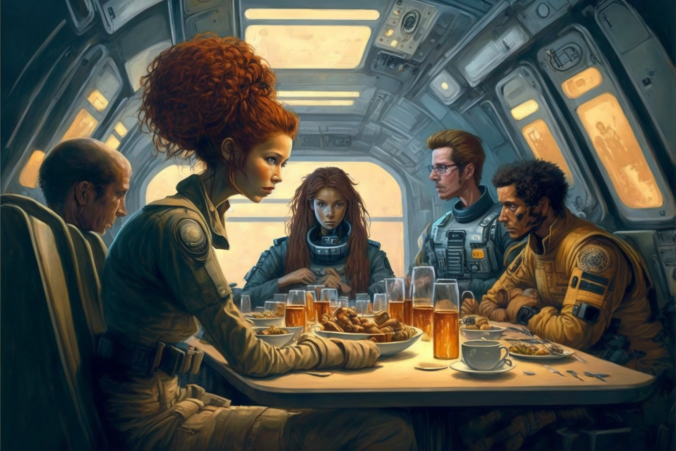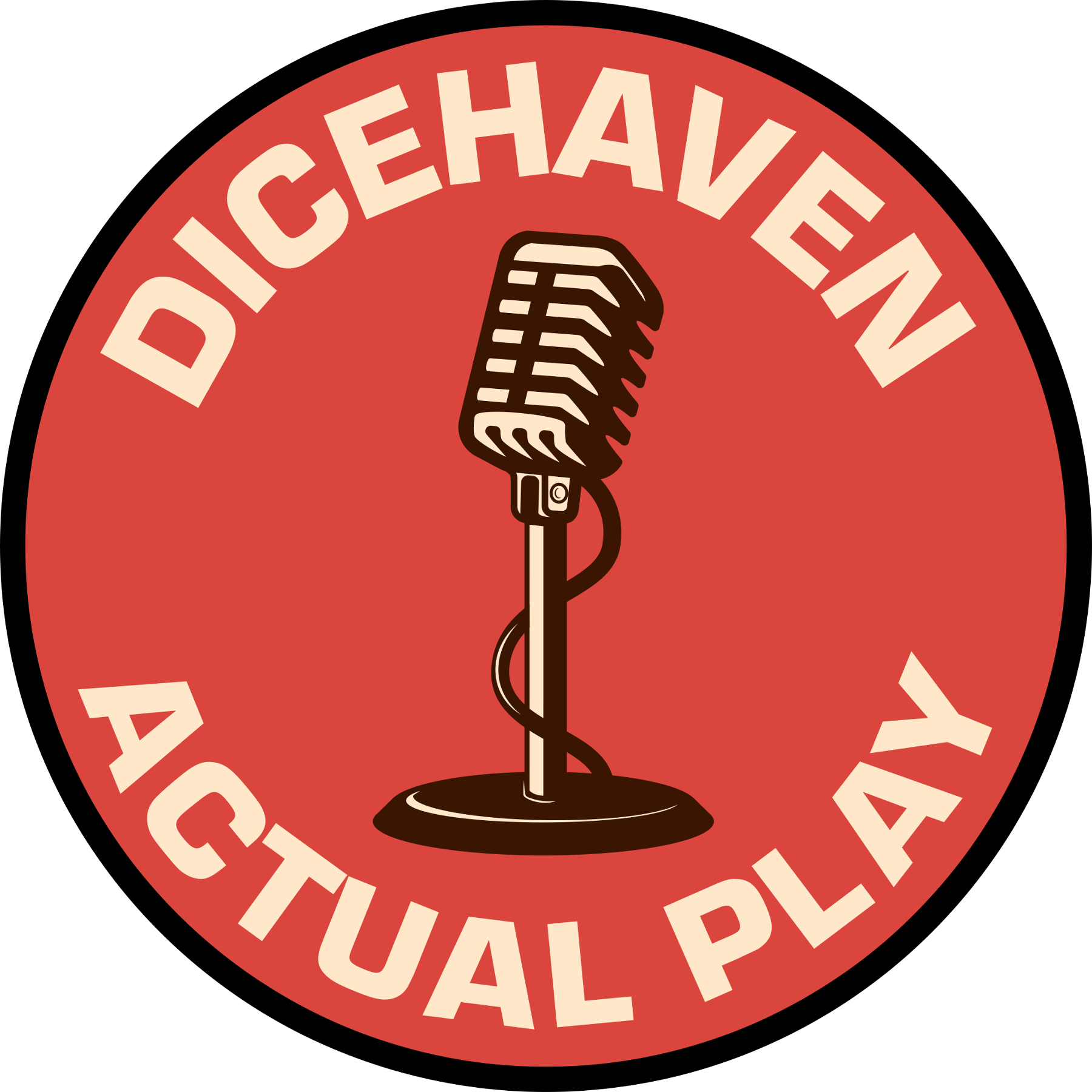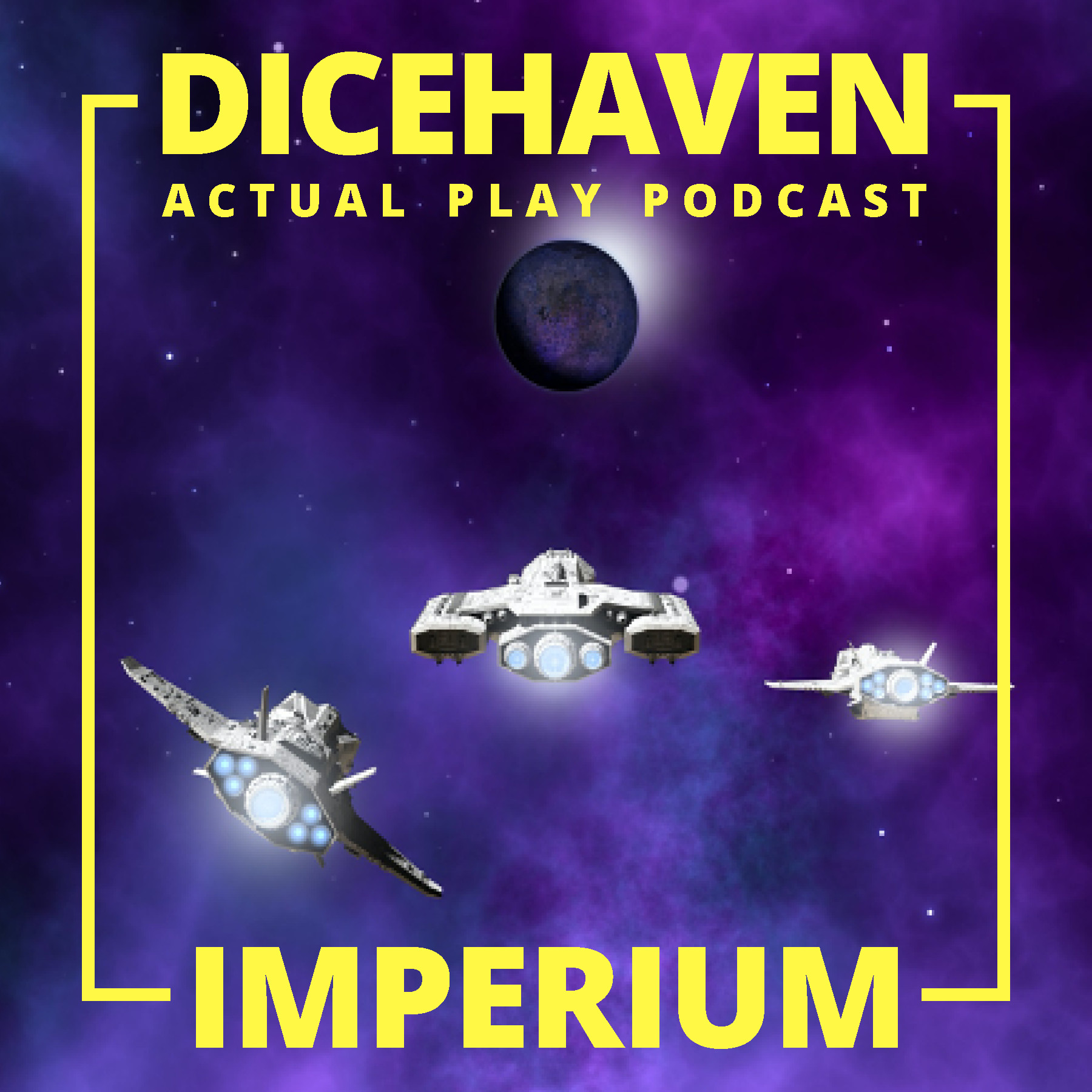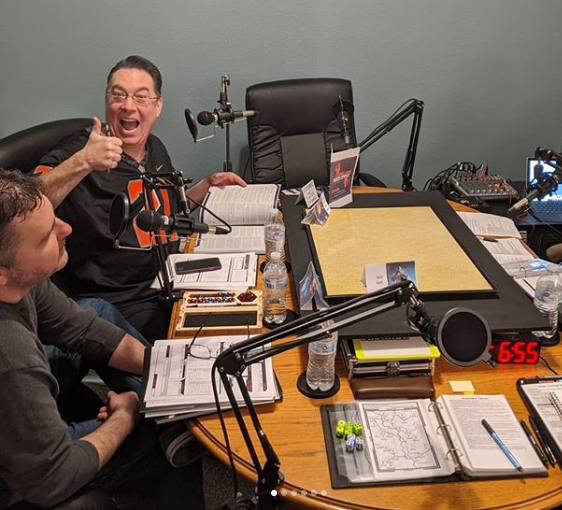Updated list of my favorite games (with QuestWords falling to #11 and D&D 5e to #12, and therefore off the list). QuestWorlds has seen many delays and until I play a commercially available version, it will fall of my list. Similarly, Wizards of the Coast recent debacle with their OGL changes and the announced future of OneD&D have left a bad test in my mouth.
By game, I mean more than the core rules, I mean a combination of the game mechanics and playability of the game, the robustness of 3rd party products or related games, and the game community for that system.
- Fate (Core, Condensed, Accelerated). I like to use a hack to use a single d6 die instead of Fate dice, an extended skill lists or 2-level skill lists, multiple skills for combat, and starting characters have 0 stress.
- BX D&D (Old-School Essentials, Basic Fantasy, Starships and Spacemen, BX Gangbusters, Basic Fantasy, Labyrinth Lord, etc.). Simpler than AD&D, BX (or Basic / Expert, the Red Box D&D basic rules from the 1980s) have the largest suite of adventures and modules (except for maybe D&D 5e). The game focuses on rulings not rules and procedural adventure generation.
- d100 (BRP, Call of Cthulhu, Rivers of London, OpenQuest, Jackals Clash system, Amboria (coming soon), d00Lite). In particular, I like DWD’s d00Lite series (FrontierSpace, CovertOps, Art of Wuxia, Barebones Fantasy). I have 65% in Shoot so my odds to hit with a gun are 65% — simple, intuitive, and very fast in gameplay to run these games.
- Traveller (Mongoose Traveller, Cepheus Engine Games, Classic Traveller). I most like Mongoose Traveller, but with house rules to add grenade deviation, and adding a change in character creation to prevent sequencing issues. 2d6 mechanic is simple and intuitive. There are also dozens of genre-specific settings like Wild West, Noir Detectives, etc.
- D6 (WEG Star Wars, OpenD6, Mini6). I like to use HP instead of wound levels (rules-as-written in WEG Star Wars 1e produces an invulnerable Wookie). Play it where all characters are Jedi or no characters are Jedi to prevent balance issues.
- Pendragon. Essentially a d100 RPG but scaling down to d20 rolls. The main appeal is the highly regarded, multi-generational The Great Pendragon Campaign. This rating is based on a read of the rules; I’ve never actually played it! This system could rise (or fall) after I’ve taken it for a spin.
- The One Ring 2e. I’ve mostly played Adventures in Middle-earth (5e), but in the future, I’d move to use the simpler and more narrative TOR rules.
- Savage Worlds. Both the latest Adventure Edition and Pathfinder Savage Worlds are cool-looking games. I’ve played Savage Worlds before, it is very focused on miniatures combat, so if that’s your thing, this is a great game!
- 13th Age. If you want a combat-as-sport game with balanced encounters, it’s hard to find a better system than this. Pathfinder 2e is also great at balanced combat but boy is it crunchy!).
- PbtA (Dungeon World, Masks). Narrative system, but mechanics and rules quality vary widely from setting to setting.




Recent Comments